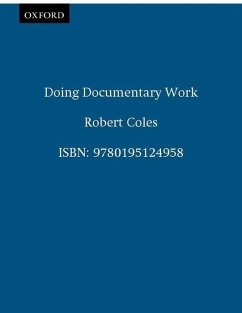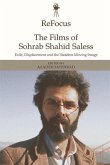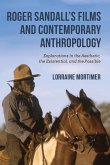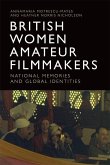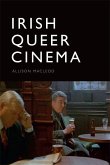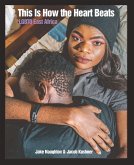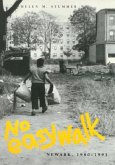Child psychiatrist, Robert Coles, author of the Pulitzer Prize-winning "Children in Crisis" series, offers a look into the nature of documentary work. Utilizing the documentaries of writers, photographers and others, Coles shows how their prose and pictures are influenced by the observers frame of reference - their social and educational background, personal morals and political beliefs. Through discussions with documentarians and insightful analysis of their work, complemented by black-and-white photographs, this book aims to provoke the reader into reconsidering how fine the line is between truth and fiction.
In this thought-provoking volume, renowned child psychiatrist Robert Coles, author of the Pulitzer Prize-winning Children of Crisis series, offers a penetrating look into the nature of documentary work. Exploring the documentaries of writers, photographers, and filmmakers, Coles shows how their prose and pictures are influenced by the observer's frame of reference: their social and educational background, personal values, and political beliefs. He discusses the literary documentaries of James Agee and George Orwell and documentary photographs by Dorothea Lange and Walker Evans; and also illuminates his points through personal portraits of William Carlos Williams, Robert Moses, Erik H. Erikson, and others. Documentary work, Coles concludes, is more a narrative constructed by the observer, meant not only to represent "reality" but inevitably to interpret it.
Hinweis: Dieser Artikel kann nur an eine deutsche Lieferadresse ausgeliefert werden.
In this thought-provoking volume, renowned child psychiatrist Robert Coles, author of the Pulitzer Prize-winning Children of Crisis series, offers a penetrating look into the nature of documentary work. Exploring the documentaries of writers, photographers, and filmmakers, Coles shows how their prose and pictures are influenced by the observer's frame of reference: their social and educational background, personal values, and political beliefs. He discusses the literary documentaries of James Agee and George Orwell and documentary photographs by Dorothea Lange and Walker Evans; and also illuminates his points through personal portraits of William Carlos Williams, Robert Moses, Erik H. Erikson, and others. Documentary work, Coles concludes, is more a narrative constructed by the observer, meant not only to represent "reality" but inevitably to interpret it.
Hinweis: Dieser Artikel kann nur an eine deutsche Lieferadresse ausgeliefert werden.

